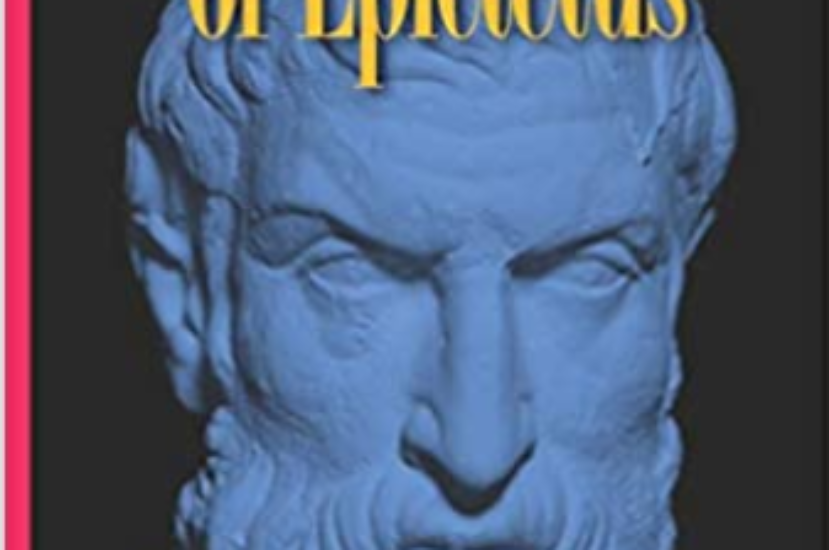The Enchiridion (Greek for Handbook) of Epictetus is a favourite text of the Stoic school of philosophy. Compiled by Arrian, a former pupil around the time of Epictetus death in 135 AD, this enduring text is a compilation of lecture notes based on Epictetus lessons. It has long been considered an excellent manual of practical philosophy. Epictetus (55 135 AD) was born at Hierapolis in what is now Turkey. Sold to Epaphroditos, who was secretary to Emperor Nero, he spent his youth in Rome. He developed a consuming passion for philosophy. With the permission of his master, Epictetus was allowed to study Stoic philosophy. Over time, as his learning and wisdom grew, he became a respectable citizen of Rome, and an esteemed philosopher. Epictetus, unlike some of his metaphysical forebears, concentrated on making philosophy practical. How it could be used beneficially in everyday life. The timeless message of the Enchiridion is as practical today as it was in ancient Greece. Perhaps this is where the Enchiridion gets its enduring power and long-life. A central theme of the work is to clearly distinguish between what we can and cannot control in life. We can control what we think, and how we act. We cannot control what others think and how they act. We must put our effort into what we can control and refuse to worry about what we cannot.
Author of this book is David Tuffley PhD is a Lecturer at Griffith University in Australia where he lectures in Philosophy
Author says that let others not control your mind. If your body was turned over to someone else and they were controlling it without your permission, you would not be very happy about it but when we let the actions of others affect us, we are letting them take over our mind. Make an effort to not let the actions of others affect you. If it messes things up, accept that you need to adjust your approach to things but don’t dwell on what you would say to someone how angry you are. Be true to yourselves. Decide what kind of person you want to be and stick to it, weather you are by yourself or with others.
Here are some suggestions: don’t indulge in gossip, if you want to influence your friends, do it by your actions. Be moderate in meeting your needs of your body. Don’t overindulge in food or drink. Avoid fraternizing with those who don’t share your values. Don’t defend yourself if someone speaks ill of you. Avoid talking about yourself in conversations, although what you do is very cool to you, it may not be so cool to others. Don’t brag about your principles, don’t brag about your principles in life and try not to mention them to others, instead act according to those principles. If the conversations turns to philosophy, don’t be so quick to jump in and let people know what your thoughts are on the matter. It’s best to not join in and let your actions speak for themselves down the line.
Sheep don’t bring grass to their owners to show how much they beat, instead it just digested produced milk and wool, similarly don’t make a show of the principles you live by, just operate through them. You will show others how you will live by your actions throughout your life and the person that you become. These are just great lessons from the enchiridion by Epictetus.




Leave a comment